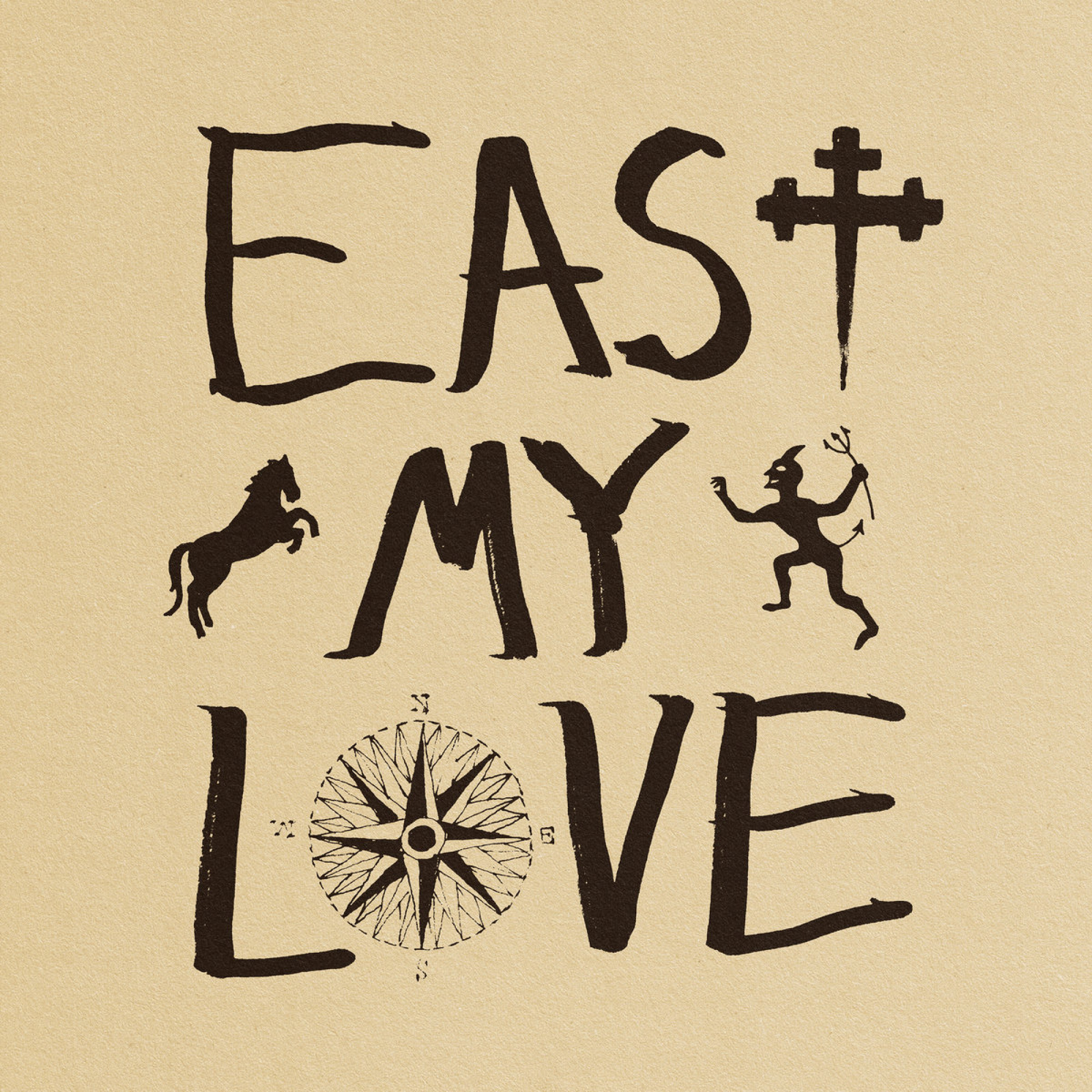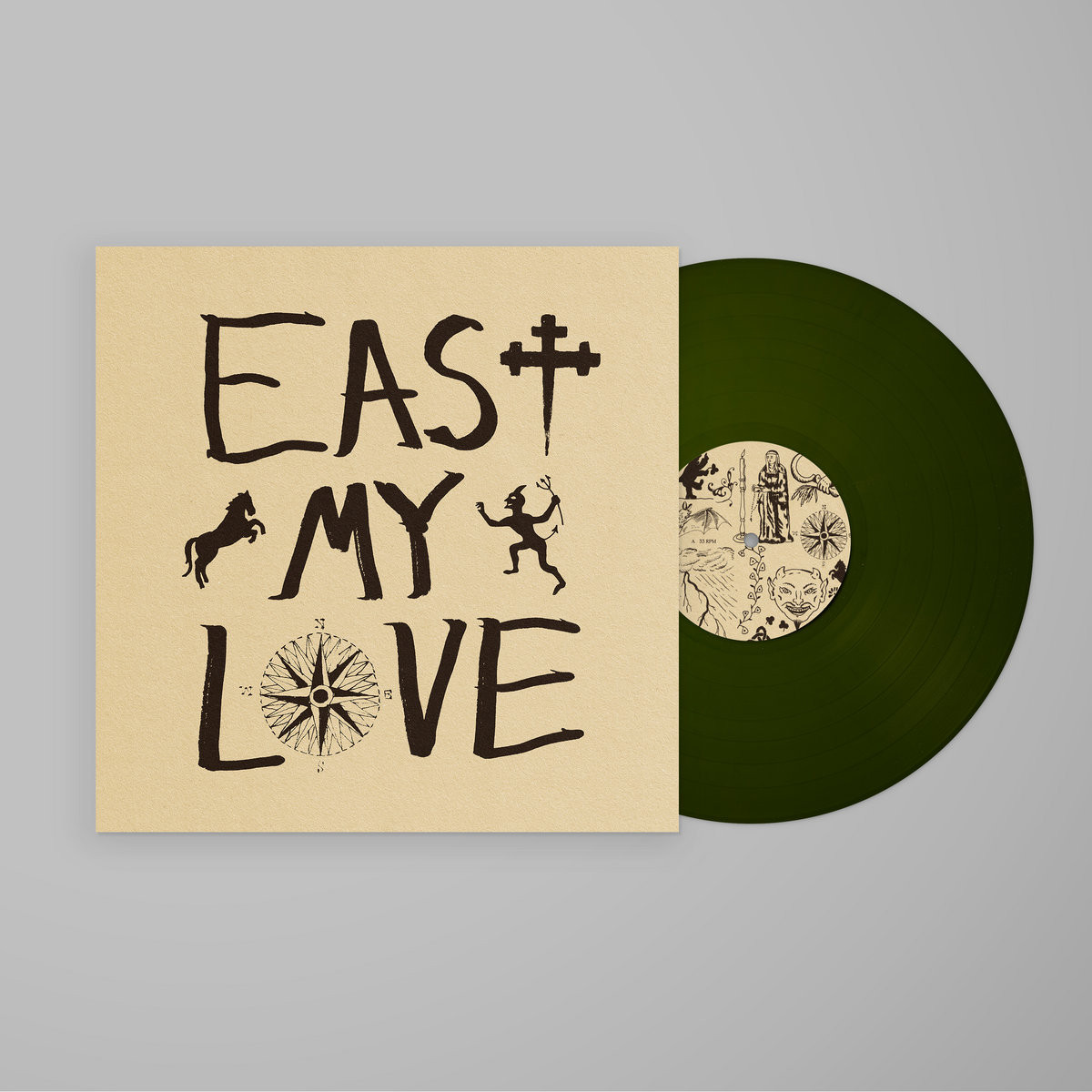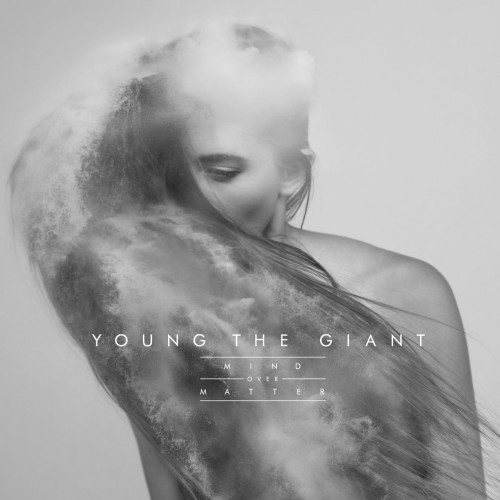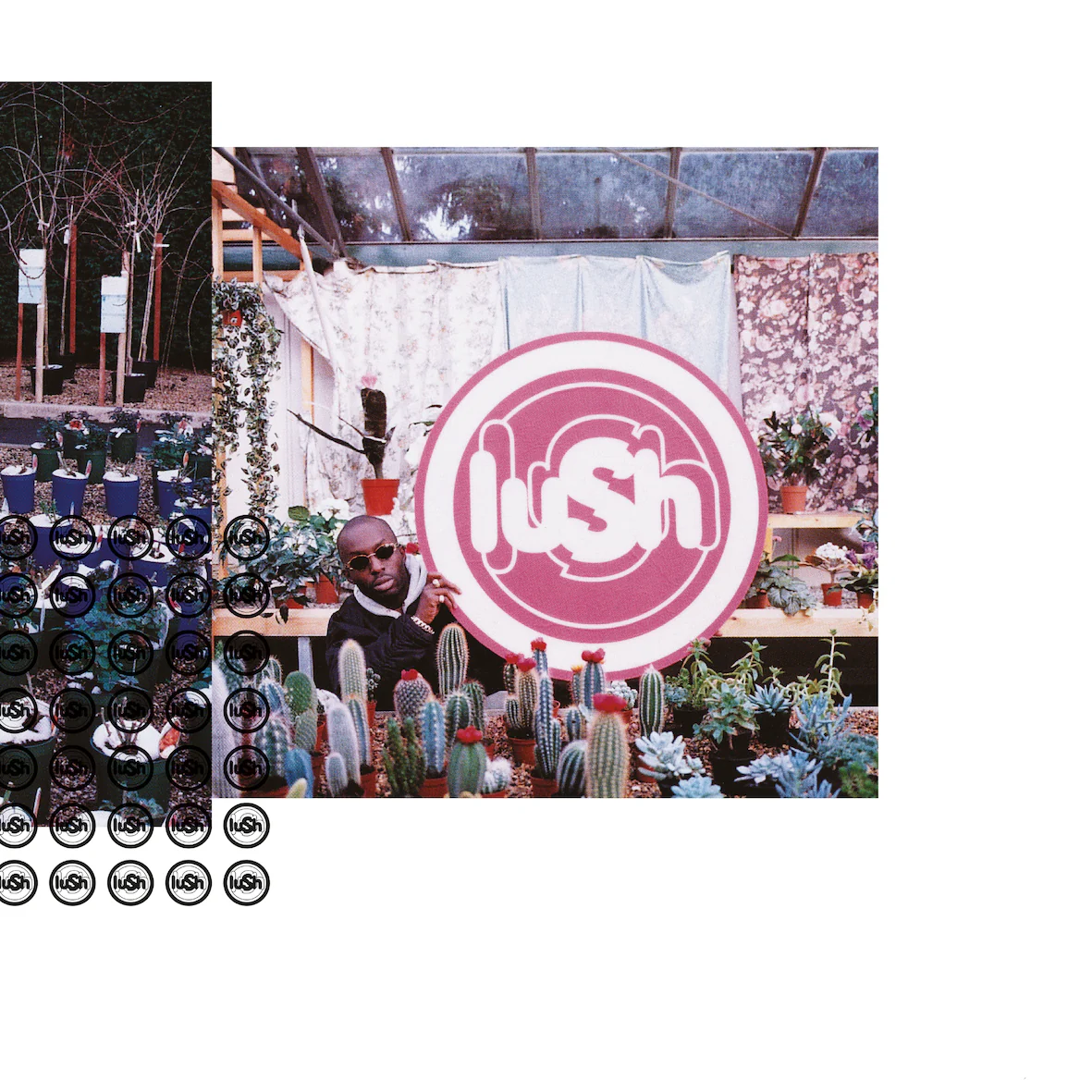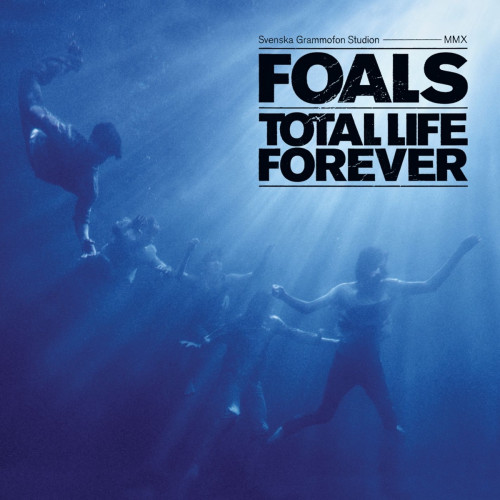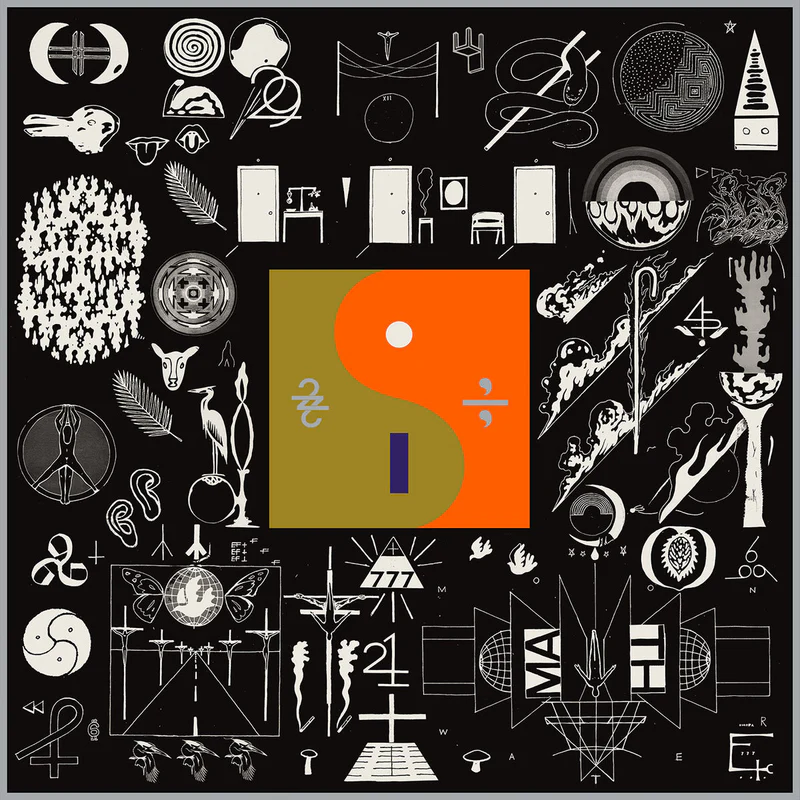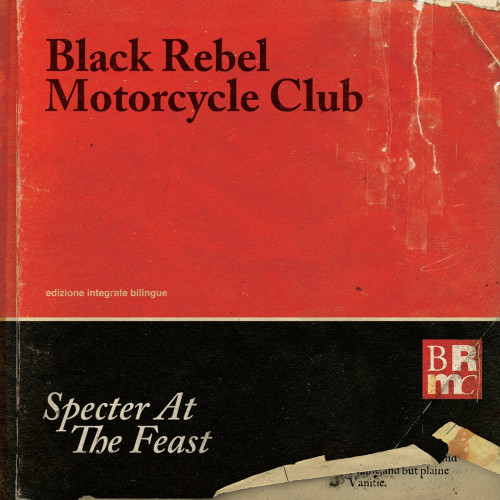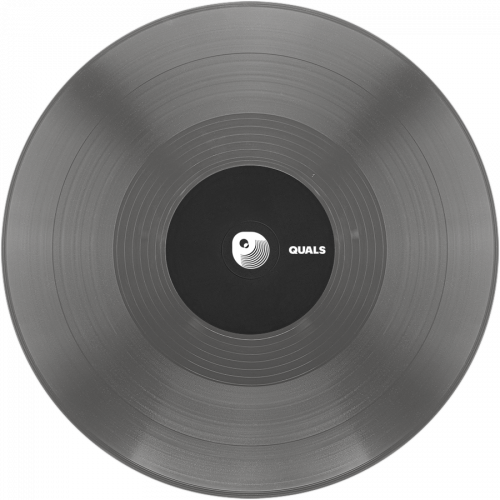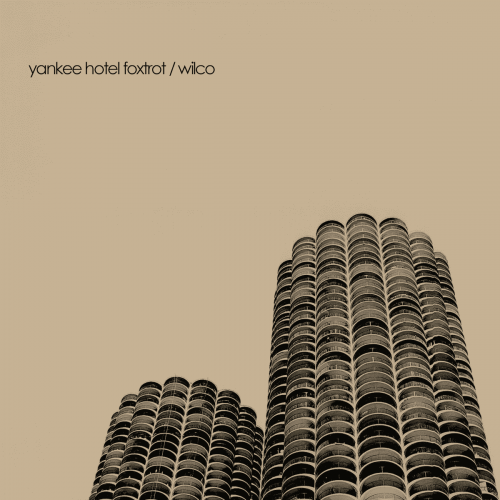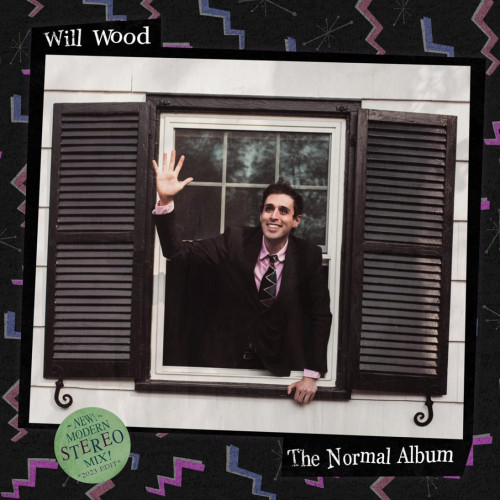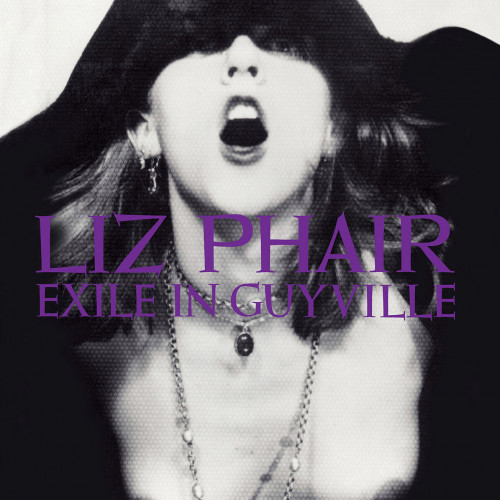Rattigan wrote East My Love alone in the woods in Tennessee, with no cell reception and nobody in earshot for miles. Composed three years before Love + Pop, the experimental pop double record he released in 2023 and 2024, the songs on East My Love felt too raw to confront until he felt well and truly out from underneath the cloud that had been cast over him. Rattigan describes the songs as “landmines” that, for years, threatened to upend his carefully balanced mental state. “They were just triggers that would put me back in this emotional space, and I think eventually I got to a place where they were more comforting,” he recalls. “That’s what I hope people find out of the record – a solace from any anxieties or depressions.”
There’s a purity of catharsis that runs through these songs; written without pretense, they take base human needs and desires and fit them into a grander tradition of American songwriting that takes in everything from Willie Nelson to Bright Eyes. True to that, many of the songs on East My Love, due to their outside-looking-in perspective, play like standards. “Slowly Like The Wind,” a simple voice-and-guitar ballad, finds Rattigan reassuring his subject that “slowly like the wind” he’ll help push them in the right direction in times of need. On “Lullaby for the Lost,” which feels parched but emotionally rich, he urges himself to remember that “we’ll get oh so strong” despite the depths of despair he may be feeling in the moment. “‘Lullaby for the Lost’ was one of the ones written as if I was talking to myself – I was the person holding the Gatorade in the marathon,” Rattigan says. “I wanted it to be very slow and meditative, with these punctuations of lyrics that I really wanted to stick out. I felt like it was powerful to accentuate certain points, but also let the song be a meditative comfort to the listener.”
That comfort can be traced back to an idea at the core of East My Love that Rattigan describes simply: “Everyone deserves peace of mind.” On “Tormenta,” a hardened appeal for his brain to quiet down, he rages against his state of mind, promising that “I won’t let your winds blow me anymore.” It’s a powerful moment of self-determination that asserts his own right to tranquility. “It’s saying ‘I won’t let this define me’,” he says. “But the only way to really move through it is to find love for those emotions – to be able to find peace with that devil inside of you.”
